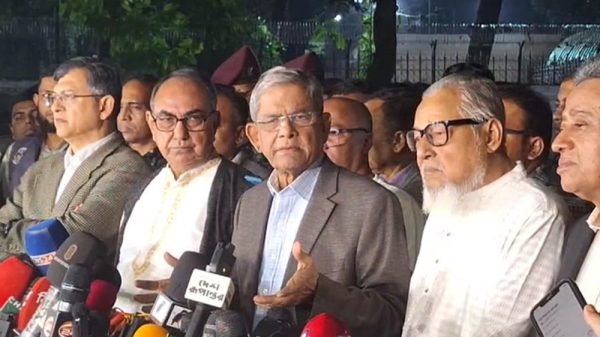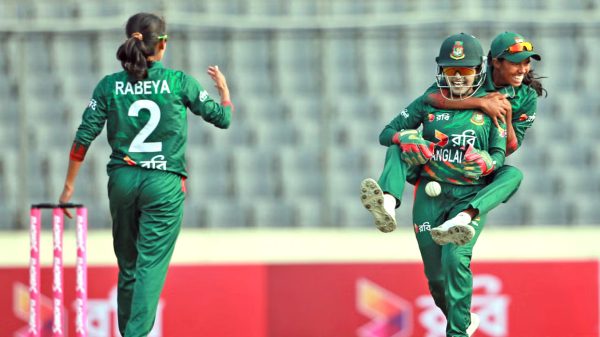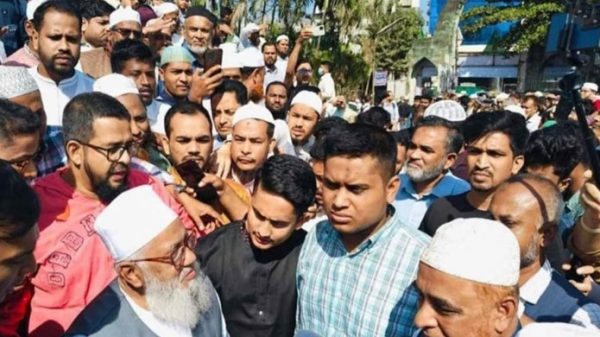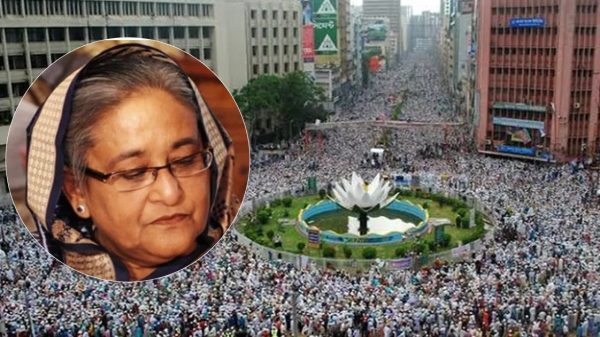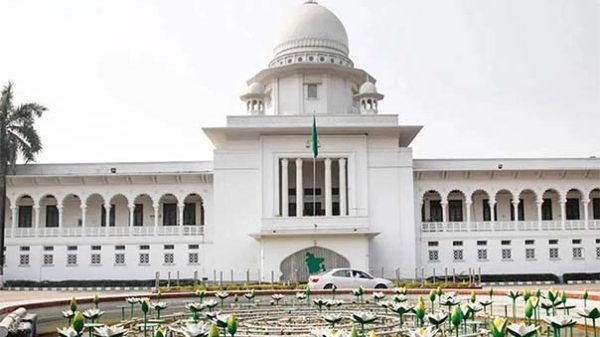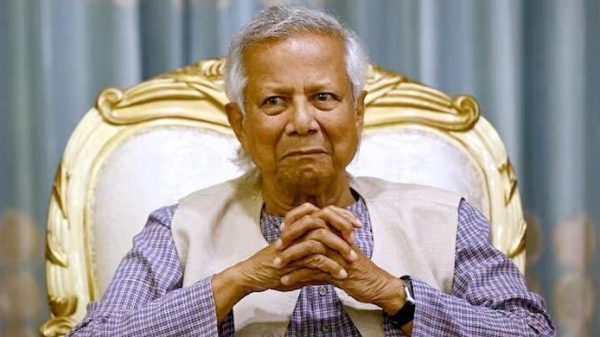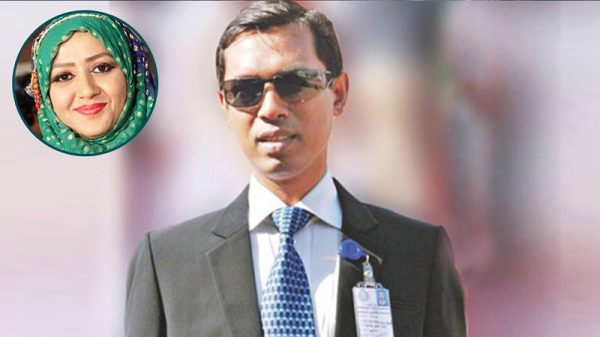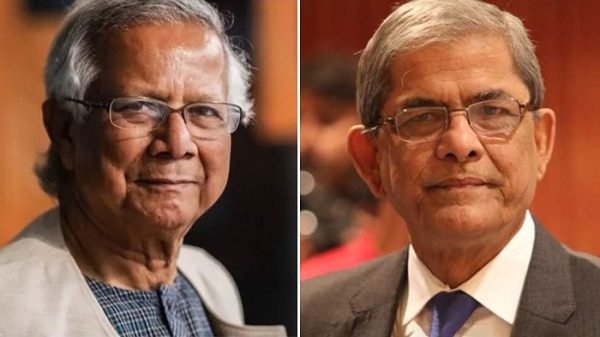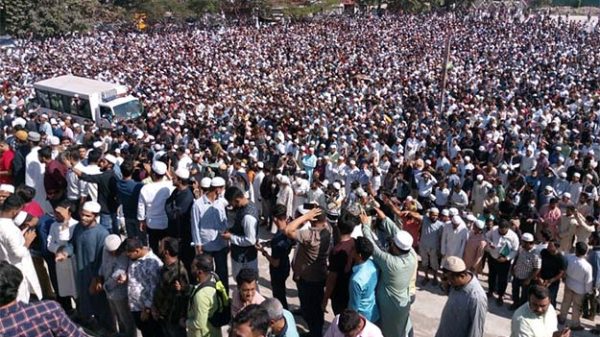Genocide Day today, one-minute blackout from 10:30pm-10:31pm

- Update Time : Saturday, 25 March, 2023, 10:26 am
- 131 Time View
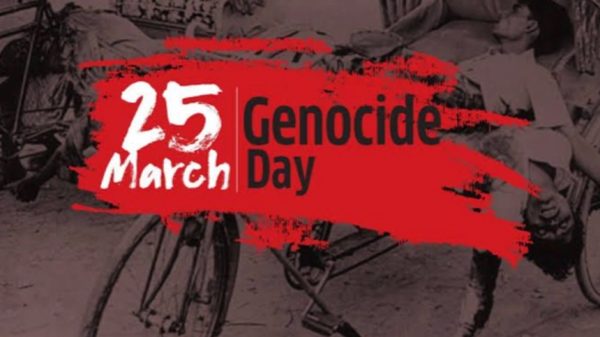
Online Desk: The nation is observing the Genocide Day on Saturday in remembrance of the brutality carried out by Pakistani Army on the unarmed Bangalees on the black night of March 25 in 1971 under the infamous “Operation Searchlight”. The Ministry of Liberation War Affairs has taken various programmes to observe the Genocide Day on March 25 at state level with due respect. As part of the programmes, one-minute symbolic ‘blackout’ will be observed from 10:30pm to 10:31pm today throughout the country.
However, the key point installations (KPIs) and the essential establishments will remain out of the purview of the programme. The liberation war ministry will organise cultural programmes, including ‘Geeti Natya’ (musical drama) based on genocide and Liberation War across the country. Besides, discussions will be held at all the educational institutions, including madrasahs, where heroic freedom fighters and noted personalities will share their memories with students.
Rare photos and documentaries on mass killing will be exhibited on the premises of all the city corporations, including Dhaka. Special munazat will be offered at mosques after Zohr prayers and other places of worships will hold separate programmes seeking eternal peace for martyrs who were killed on March 25, 1971. Similar programmes will be organized at district-upazila level and Bangladesh missions abroad.
The Jatiya Sangsad (JS) unanimously adopted a resolution to observe the March 25 as the “Gonohotya Dibos” (Genocide Day) on March 11, 2017. Subsequently, the cabinet division at a meeting with Prime Minister Sheikh Hasina in the chair, unanimously endorsed the decision on March 20 in 2017. On the Black Night of March 25 in 1971, the Pakistani military junta resorted to mass killings and arson in Dhaka to implement their blueprint to thwart the Awami League’s assumption of office following the election mandate of 1970.
In the attack dubbed ‘Operation Searchlight’, the Pakistani forces mercilessly killed the Bangalee members of the East Pakistan Rifles and police, students, teachers and common people. They killed people indiscriminately, set fire to the houses and property and looted business establishments, leaving a trail of destruction. The night also witnessed Bangabandhu Sheikh Mujibur Rahman’s proclamation of independence before he was arrested by the Pakistani troops and subsequently flown to West Pakistan.

